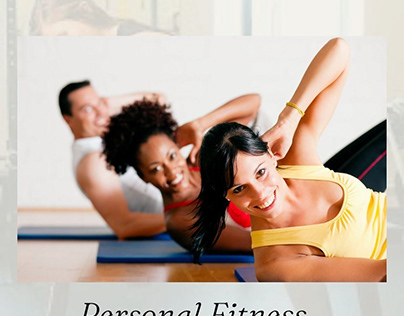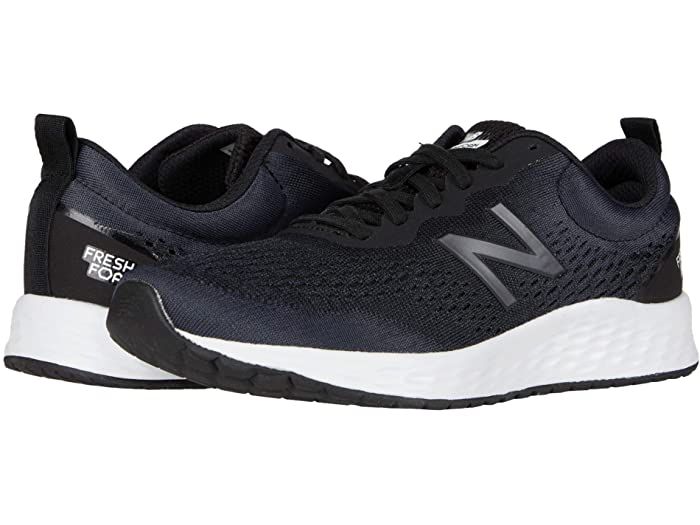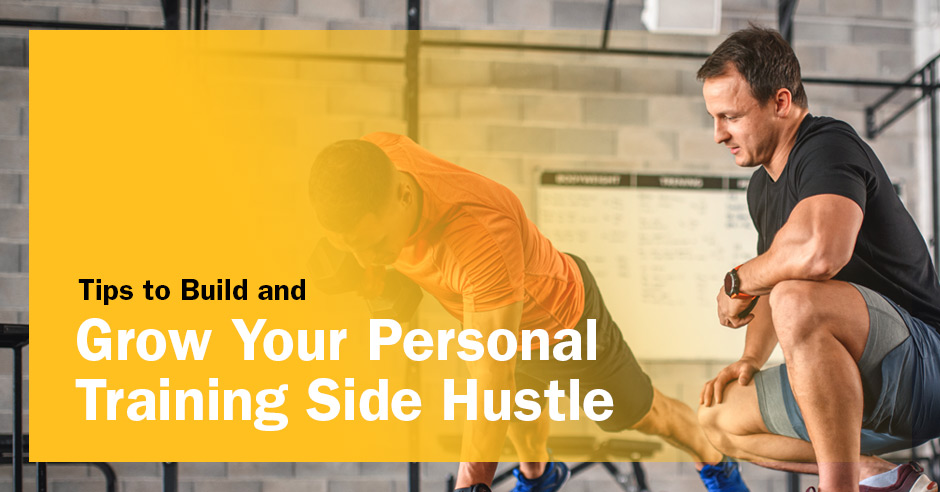
If you are looking for a new way to get in shape, you may want to try working out barefoot. This alternative to conventional gym training has some benefits and disadvantages. This article will discuss the potential drawbacks and precautions. After you have an understanding of this new method of exercising, you are ready to start your training programbarefoot. Start slowly with light weights, proper movement patterns, then work your way up.
Benefits
Barefoot exercise has many benefits. Barefoot allows for more sensory feedback to our nervous system. This is vital for the proper functioning the body's stabilizing muscle. It also encourages better posture and balance. You can also exercise barefoot for many other reasons than convenience. These are three of the benefits. 1. Higher results. Using your feet as leverage is beneficial in preventing injury.
Barefoot exercise can also improve balance and body awareness. Peripheral nerves from the feet relay signals to your brain. When these nerves are damaged, the body may have trouble controlling its muscles or staying upright. Running barefoot improves your body's balance as well as your sense of proprioception. Another benefit is the increased sensation in your feet. This can help prevent injuries and increase your body's capacity to adapt to stress.

Drawbacks
You might wonder what the downsides are to going barefoot. There are also some disadvantages to training barefoot. You may feel uncomfortable during the initial acclimation period in commercial gyms and bounding activities. You may also feel uncomfortable while performing lifts and other activities that require shoes. The drawbacks are not worth it.
The main drawback of barefoot exercise is that it can lead to injury, particularly for the second metatarsal. If you have worn shoes all your life, it might be a good idea not to wear them anymore and start doing barefoot yoga and other activities. To protect your feet from broken glass, you can purchase barefoot tape and stick-on soles. Remember, though, that many gyms require shoes.
Take care
Barefoot exercise can be a fun and healthy activity. However, it is important to be careful to avoid injury. Barefoot workouts can increase balance and posture, and improve stability. However, they can also be dangerous if you accidentally step on a sharp object or lift something heavy. Ask a physical therapist, podiatrist or specialist in running shoes for advice if you're unsure if going without shoes is right.
If you're planning on going barefoot, remember to wear shoes when racking weights and adding them to your workout. This applies to unracking any weight you've added. A safety collar should be worn to protect your feet and prevent weight plates from sliding. If you're unsure of whether or not you should go barefoot, start with light activities, such as brisk walking around the house.

How to go barefoot
Experts agree that going without shoes is not a bad idea. But it really depends on the type or workout you're doing. A shoe that mimics barefoot running is better than one with a high-heeled sole if you are going to run a marathon. It's also important to think about how comfortable it is going barefoot.
Barefoot running has the greatest advantage. It increases proprioception which aids your body in understanding where it is located in space. Good coordination, balance and stability are dependent on your ability to perceive where you are in the space around you. Barefoot training will improve your awareness of your body and make you feel stronger and more healthy. Proprioception is a key component of both paddleboarding and barefoot swimming.
FAQ
What happens if there isn't enough sleep?
Lack of sleep means that your brain does not receive enough signals to regulate hormones. As a result, you may overeat and gain weight. Insufficient sleep can lead to stress, which can cause overeating.
Are there any exercises I should not do?
Before beginning any new workout program, consult your doctor. Some people are unable to exercise due to injuries. Some activities also require special equipment. Swimming, for example requires a swimming suit and access to the water.
Is it safe to exercise in cold weather?
If possible, go outside. However, the temperature of the air is not the only thing that can determine whether you are safe to exercise outdoors. Visibility, wind speed, humidity and precipitation all play a part. Layers of clothing will protect you from rain and wind chill if you exercise outdoors in inclement climates.
Is it possible not to be thin enough?
Yes! Both eating disorders and underweight are unhealthy. It isn't normal to be smaller than your recommended height. You may also feel tired, weak, dizzy, and experience other symptoms that could indicate being underweight.
Do I need food before I exercise?
No. You don't need to eat anything before working out. If you feel hungry after working out, it is a good idea to have a light snack like yogurt or fruit.
Which Is More Important: Exercise, Diet, or Sleep?
This depends on what you're trying to achieve. If you want to lose weight, diet is the most important factor. If you are looking to build muscle mass, however, exercise is the best option. Because it affects your performance during the day, sleep is the most important factor.
Statistics
- In 2018, the World Health Assembly agreed on a global target to reduce physical inactivity by 15% by 2030 and align with the Sustainable Development Goals. (who.int)
- One study showed that adults who watch more than 4 hours of television daily had an 80% higher risk of death from cardiovascular disease. (heart.org)
- In high-income countries, 26% of men and 35% of women were insufficiently physically active, as compared to 12% of men and 24% of women in low-income countries. (who.int)
- Adolescent girls were less active than adolescent boys, with 85% vs. 78% not meeting WHO recommendations of at least 60 minutes of moderate to vigorous intensity physical activity per day. (who.int)
External Links
How To
How to Burn Belly Fats Faster
When trying to lose weight, belly fat is often viewed as a problem. It's actually a good thing, in fact. It is the fat in your stomach that protects your organs. So let's see how to burn belly fat fast.
The main factors that contribute to our body fat accumulation are stress and inactivity. Because of its stimulation of the production hormone cortisol, stress can make us feel hungry continuously. Cortisol is responsible for an increase in insulin levels. The insulin stores the excess calories as fat. Insufficient sleep can lead to an increase in appetite and adrenaline release. These extra calories can also be reduced by exercise
There are many ways you can reduce belly fat. You can try any one of them depending upon your budget. Here are some tips to help you get rid of belly fat quickly.
-
Reduce your food intake. Don't eat three large meals at once. This way, you'll consume fewer calories overall.
-
Get plenty of water. Water flushes out toxins and keeps you hydrated. Drinking water before meals will help you feel fuller for longer, so you don't overeat.
-
Avoid snack foods that are unhealthy. If you're looking for quick fixes, snack foods like chips, cookies, candies, etc. might seem tempting. But avoid these fattening treats as they contain lots of empty calories and too much sugar. Choose healthy alternatives like fruits and vegetables, nuts, seeds, whole grains, and seeds.
-
Strength training should be performed at least 3 times per week. Strength training builds muscle mass that burns more calories, even when it is done while you rest. Strengthening your bones, muscles as well ligaments, joints, tendons, heart and lungs.
-
Walking or stretching is a good habit to do regularly. Stretching improves flexibility and mobility which can reduce back pain. Walking is great for burning calories, especially brisk walking for 30 minutes.
-
Reduce alcohol intake. Avoid alcohol.
-
You can lose weight slowly. First, determine your current weight. Next, calculate your ideal weight by adding between 5% and 10% to your total body weight. Once you have calculated your target body weight, you can begin to cut calories by 500-1000 calories every day until your goal is reached.
-
Avoid processed foods. These foods are high-in salt, sugar, as well as preservatives. These processed foods are often convenient, but they lack enough nutrients for good health.
-
Don't skip breakfast! Eating breakfast improves concentration, memory, and energy level. Protein (like eggs), fiber and complex carbohydrates (like oatmeal) should be included in breakfast.
-
Have regular bowel movements. Bloating and gas can be caused by irregular bowel movements and constipation. This can be prevented by drinking plenty of water and increasing fiber intake.